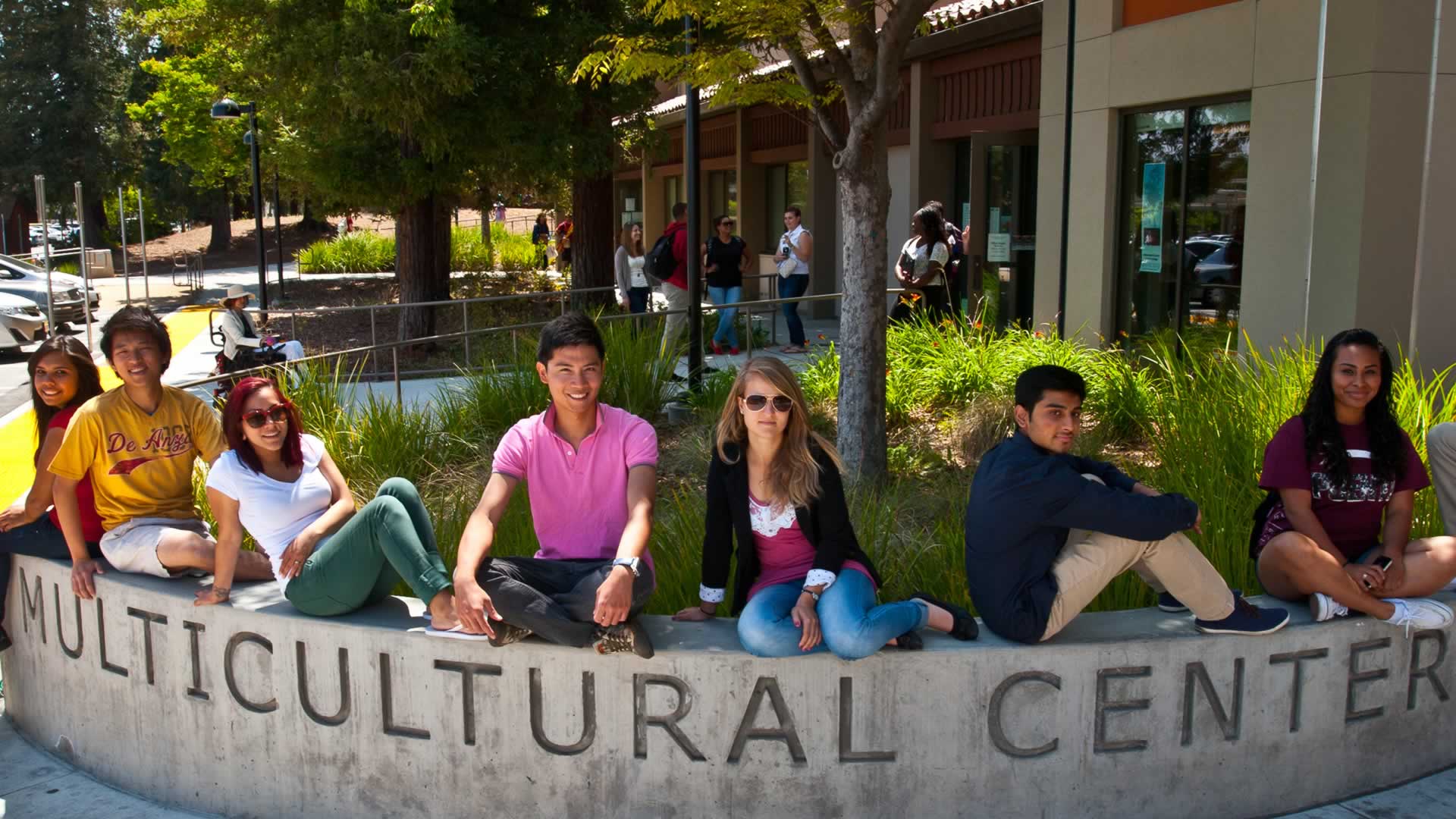What Is Intercultural Studies?
Intercultural Studies at De Anza College is an interdisciplinary program that examines history, culture, race and power from a perspective of critical analysis.
NEW ! Updated Class Listings
Many courses that were previously labeled as “Intercultural Studies” are now offered through new departments. Be sure to check the class schedule for courses with the prefix AFAM (African American Studies), ASAM (Asian American and Asian Studies), CETH (Comparative Ethnic Studies), CHLX (Chicanx and Latinx Studies) and NAIS (Native American and Indigenous Studies), in addition to the prefix ICS (Intercultural Studies). All courses offered through these departments will satisfy De Anza's ICS course requirement for an associate degree.
We offer a certificate and an associate degree in Intercultural Studies, with courses in African American, Asian and Asian American, Chicanx/Latinx and Native American studies, along with core subjects like Critical Consciousness and Social Change, Intercultural Communication, Race and Ethnicity and other topics.
The ICS program program includes a diverse curriculum and educational objectives:
- Develop a methodology emphasizing comparative analyses of the history, politics, social dynamics, and current challenges and opportunities of historically marginalized communities of color;
- Develop the skills and capabilities to critically analyze information prevalent in the dominant culture from the perspective of historically marginalized communities of color;
- Examine ethnicity theory, race relations theory, feminist theory, cross-cultural communications theory, peace/conflict/ reconciliation theory, healing and social transformation theory and practices, and explore the intersectional and multidimensional issues of racism, institutions, power as they relate to advocating for equity and social justice.
The major also examines the need for and role of multiracial alliances, economic class analysis and the role of healing in social change work. It provides expertise in areas that will allow students to develop the critical analysis, interpersonal capacities and leadership and organizing skills to be responsive to the multidimensional needs of historically marginalized communities of color in the short term, and to contribute to long-term systemic transformation for equity and social justice.

